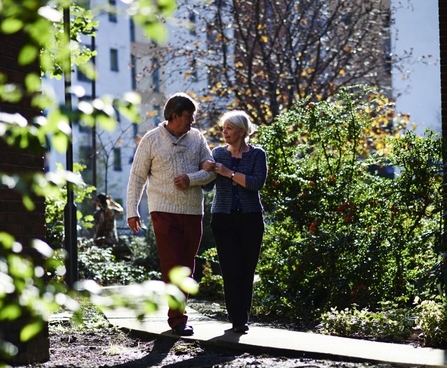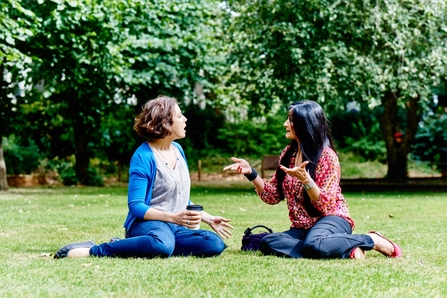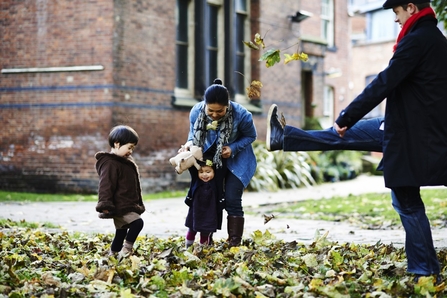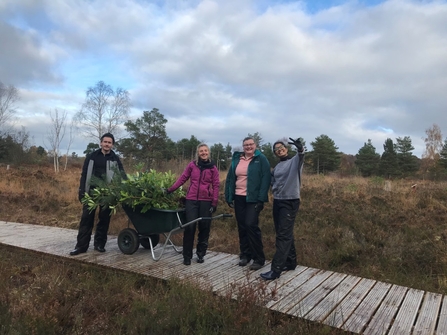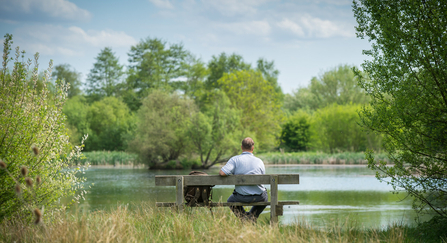As humans, we have an inborn tendency to focus on and affiliate with other living things. That’s why human relationships are at the heart of a thriving society. Not only do they give our lives meaning, but healthy relationships are the essential building blocks for our health and wellbeing.
It’s the same reason that human-nature relations can also be beneficial, and lead to improvements in mood, cognitive function and physical as well as mental wellbeing. Despite the importance of both, spending time in nature and on our relationships can often be collateral damage to a busy modern-day lifestyle.
Here are some of the ways you can re-discover nature while nurturing your relationships and mental wellbeing.
Nature & Relationship Maintenance
Carrying out regular relationship maintenance is integral to healthy relationships, which in turn are fundamental to our wellbeing. If you feel that your relationship is under pressure, the key is often learning how to communicate effectively. Try to make sure there is a time and place set aside to explore any issues and feelings that you may have. Your local park or nature reserve may provide a neutral playing field to discuss your feelings openly while benefitting from the calming effects of a brisk walk or wheel in nature and some fresh air.
While spending meaningful time together is important, spending time apart is also key to a healthy relationship and emotional wellbeing. Nature can be the perfect backdrop for you to take time out to do the things you love – cycling, fishing, reading, crocheting or whatever that may be!


